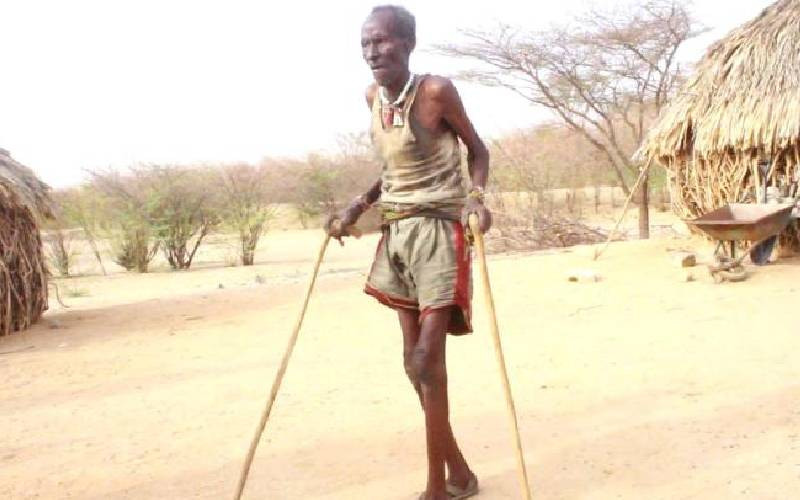
Africa stands closest to the climate gallows for crimes committed by rich continents. This month, hundreds of lives were lost to Cyclone Freddy that ripped through Malawi and Mozambique. The Horn of Africa, on the other hand, bakes under prolonged drought. Yet, Africa emits only three per cent of global carbon emissions, the culprit behind climate change. The continent is least prepared in adaptation infrastructure. Comprehensive assessments of climate risks and responses are, therefore, urgently needed to guide decision-making and help install infrastructure for resilience.
This is precisely why global assessment reports around the climate landscape are crucial. The Intergovernmental Panel on Climate Change (IPCC) is the UN body that assesses the science related to climate change, reporting about the speed and scale of climate effects, the identified gaps, as well as the recommended actions.